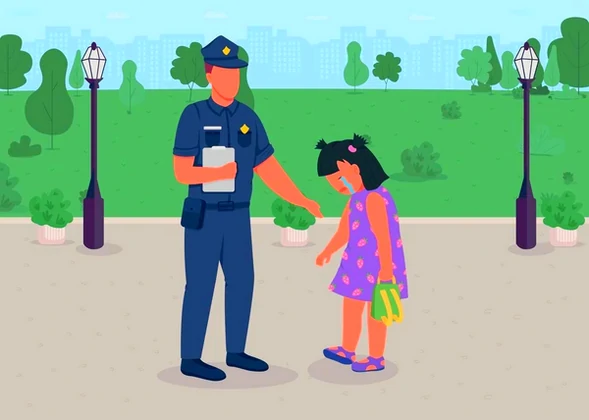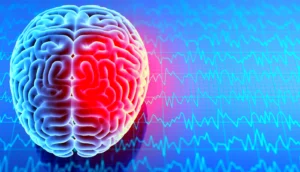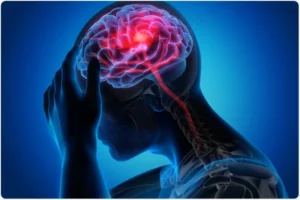How do the Police Help ? The police play a crucial role in maintaining public safety and enforcing the law.
The establishment of organized Police forces has a history, and it varies by region. However, one notable early example is the creation of the Metropolitan Police Service in London, often considered the first modern police, Sir Robert Peel, known as the “father of modern policing,” founded the Metropolitan Police Service in 1829. The force was established to address rising crime rates and public disorder in London.
In the United States, modern policing began to take shape in the early to mid-19th century. The Boston Police Department, established in 1838, is often regarded as the first police department in the United States.

Here are several ways in which the police help communities:
- Law Enforcement: Police officers enforce laws at local, state, and federal levels. They investigate crimes, make arrests, and ensure that individuals who break the law are held accountable.
- Crime Prevention: Police engage in activities to prevent crimes, such as patrolling neighborhoods, participating in community outreach programs, and offering crime prevention advice to residents.
- Emergency Response: Police respond to emergency calls, accidents, and incidents that require immediate attention. They are often the first on the scene during emergencies, providing assistance and coordinating with other emergency services.
- Community Policing: Many police departments emphasize community policing, where officers build positive relationships with community members. This approach aims to create a collaborative effort between law enforcement and the community to address local issues.
- Traffic Control: Police officers manage traffic flow, enforce traffic laws, and respond to accidents. Their presence helps ensure road safety and reduces the risk of accidents.
- Public Order Maintenance: Police maintain public order by managing crowd control during events, protests, or other gatherings. They ensure that public spaces are safe and that individuals can exercise their rights in a lawful manner.
- Investigations: Police conduct thorough investigations to gather evidence and information about criminal activities. This includes interviewing witnesses, collecting forensic evidence, and collaborating with other law enforcement agencies.
- Search and Rescue: Police are involved in search and rescue operations, especially in cases of missing persons or natural disasters. They work to locate and assist individuals in distress.
- Youth Engagement: Some police departments engage in programs aimed at fostering positive relationships between law enforcement and young people. This includes school resource officers, youth mentoring programs, and educational initiatives.
- Crisis Intervention: Police officers often receive training in crisis intervention to respond effectively to situations involving individuals in mental health crises. They may work alongside mental health professionals to provide appropriate assistance.
It’s important to note that the effectiveness of police services can vary, and there are ongoing discussions about police reform and improving community-police relations in many places. The goal is to ensure that law enforcement agencies serve and protect all members of the community while upholding justice and fairness.




